- BIS launches inquiry into the sale and acquisition of BHS.
- The inquiry will look at the steps Sir Philip Green’s Arcadia took to ensure Retail Acquisitions, led by twice bankrupt Dominic Chappell, was a responsible owner
- It will look at checks Retail Acquisitions made that BHS was a going concern.
- BHS fell into administration this week, a year after Retail Acquisitions bought the department store for £1, putting 11,000 jobs in danger.
MPs have launched an inquiry into the sale and acquisition of BHS, following its collapse into administration earlier this week.
The Business, Innovation and Skills (BIS) committee will look into the steps taken by Arcadia to ensure that Retail Acquisitions was a responsible owner.
Retail Acquisitions, a group of lawyers and financiers led by twice bankrupt former racing car driver Dominic Chappell, acquired Bhs from Sir Philip Green’s Arcadia for £1 last year.
The inquiry will also explore what checks were carried out by Retail Acquisitions to verify that BHS was a going concern.
Iain Wright MP, chair of the BIS committee, said: “The collapse of BHS brings misery and uncertainty for thousands of workers and also places a potentially significant burden on the taxpayer in the form of pension liabilities.
“The sale and acquisition of BHS raises real questions about whether directors acted in the best long-term interests of the company and their employees. Is there too much of an incentive in the system for owners to asset-strip, take out vast sums for personal gain, and then dump and run leaving the taxpayer to pick up the tab when the company fails, rather than create value for the long-term?”
The role of advisors, including lawyers, bankers and auditors acting for Arcadia and Retail Acquisitions, will also be examined alongside the legal obligations of company directors.
BIS will consult with the Work & Pensions Committee to decide on the witness list for the inquiry.
Questions to be asked in the BHS inquiry
1. What due diligence checks were Retail Acquisitions Group required to conduct by law prior to purchasing BHS? What checks were undertaken to verify that BHS was a going concern?
2. What steps, if any, did Arcadia Group take to give it assurance that Retail Acquisitions Group was a responsible buyer?
3. What was the role of external advisers during the sale and acquisition process, particularly bankers, lawyers, accountants and auditors conducting due diligence checks on behalf of Arcadia Group?
4. Did the regulatory framework and taxation rules incentivise or mitigate moral hazard?
5. Did directors act as best they could to fulfil their statutory duties? Are the statutory duties on directors regarding the sale or purchase of businesses or subsidiaries, and the potential consequences of breaching these, sufficient?


















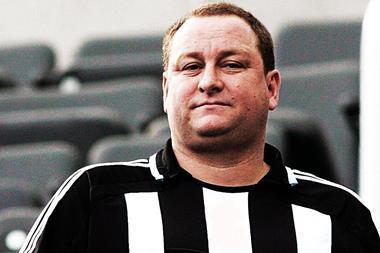
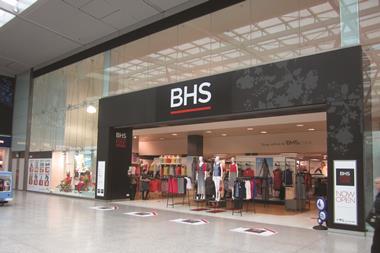
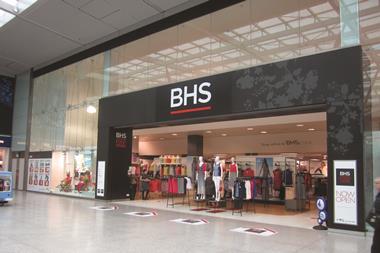

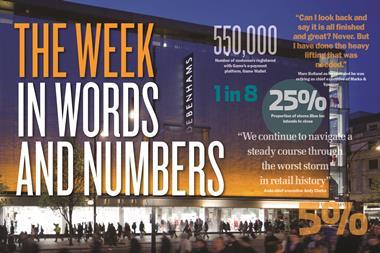
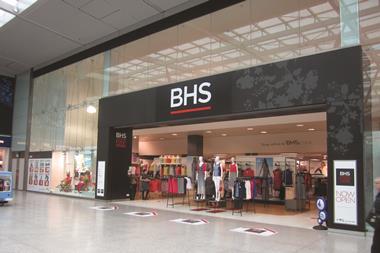
1 Reader's comment